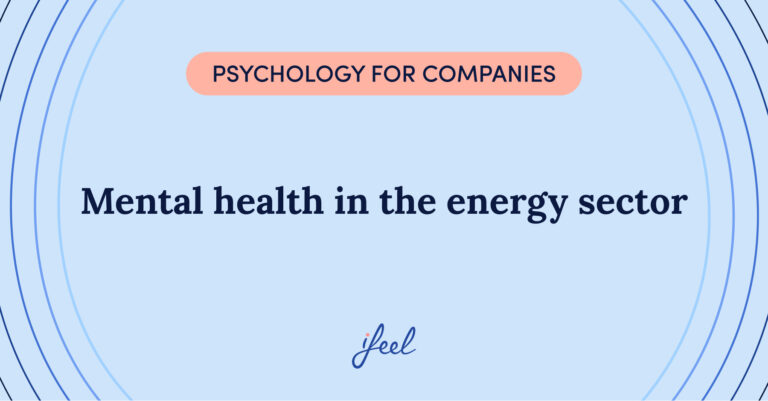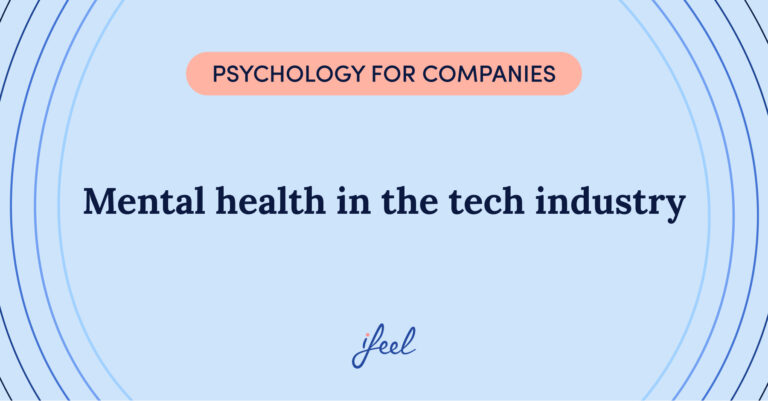Maintaining a work-life balance is a significant challenge for employees in today’s fast-paced corporate environment. The high demands of work can lead to the neglect of personal life, affecting relationships, leisure, and overall mental well-being. Employees often find themselves stretched thin, trying to meet personal and professional expectations, leading to burnout and decreased productivity.
As HR leaders and decision-makers in large enterprises, you have the unique opportunity to shape a culture prioritising employee well-being. Implementing effective work-life balance strategies not only supports the health and happiness of your workforce but also enhances organisational efficiency and talent retention. This article delves into various strategic initiatives, such as flexible work policies and well-being programs, that can be integrated into company practices to foster a supportive environment.
The question for you as leaders is: How will your organisation take the lead in establishing and nurturing a work-life balance that empowers your employees and drives sustained success?

How can we find a work-life balance?
Achieving a work-life balance is crucial for employee well-being and productivity. While there are numerous strategies and techniques that employees can employ to find this balance, it’s often the small, daily actions that can make a significant difference.
| Strategies to find a work-life balance | Action |
| Time management | Learning to work smarter instead of harder saves time. Moreover, Identify the most important tasks both at work and in your personal life and prioritise them. This will help you avoid feeling overwhelmed and focus on what really matters. |
| Set boundaries | Set clear boundaries between work and personal time. This may involve setting a specific work schedule and sticking to it, or designating certain days or times as “off-limits” for work-related activities. |
| Take regular breaks | Incorporate regular breaks into your workday to rest and recharge. Taking short breaks can improve productivity and prevent burnout. |
| Switch off | When you’re at work, focus on the job. Don’t take it home with you after a long day at the office. Use the time away from work to focus on your relationships and hobbies. Explore your passions. Try something new, or just go to bed and sleep. No matter what you decide to do outside work, dedicate your time to it so you can experience it to the fullest. |
| Implement a mental well-being solution | Not sure where to begin if you’re feeling overwhelmed? Not only should you communicate this with your employer but also seek professional help. Having a mental well-being solution in place will give you access to resources to help you achieve the balance you are looking for. |
What role do companies play?
Companies play a crucial role in implementing initiatives to help employees have a balance between work and their personal lives. Companies must encourage employees to implement these practices in their daily routines so they do not face stress or burnout. Here are some tips for managers and HR managers:
- Flexibility: The HR department can implement flexible policies, such as flexible working hours or remote work days. We can also foster a culture that values and respects employees’ personal time.
- Implement initiatives to reduce stress: Well-being programmes can be introduced that include mindfulness sessions, fitness programmes, counselling, and stress management resources. These initiatives contribute to a healthier and more balanced work environment. You can find additional help in this resource created by ifeel’s occupational health psychologists, where you can learn how to identify work-relates stress.
- Foster a supportive culture: By organising open communication sessions, promoting mental health awareness, and providing confidential resources, we can create an environment where employees feel comfortable sharing their challenges. By listening to others, employees can also find different strategies to help them achieve a work-life balance.
- Measure the effectiveness of work-life balance initiatives: HR managers can implement regular job satisfaction surveys, assess turnover and absenteeism rates, and conduct individual follow-ups to evaluate the impact of our initiatives on employees’ quality of life.
The Right to Switch Off: Protecting work-life boundaries
The UK’s “Right to Switch Off” proposal is a policy initiative to protect employees from the constant pressure of being available outside working hours. It seeks to address the blurred boundaries between work and personal life, especially exacerbated by remote work and digital communication. Inspired by laws in France and Belgium, the UK aims to reduce stress and burnout, promoting a healthier work-life balance. The proposal may require companies to develop customised policies in consultation with employees, potentially evolving into enforceable legislation.
For more details, visit the full article here.
Flexibility at work: key to work-life balance
Flexibility in the workplace is no longer a luxury; it has become a necessity for large enterprises aiming to attract and retain top talent. As HR leaders, embracing flexibility in your organisation can drastically improve employee well-being, reduce stress, and enhance overall job satisfaction. Here’s how flexibility at work can be structured effectively and the benefits of implementing it:
Increased productivity: Studies have shown that employees who have control over their work schedules are often more productive. Flexibility allows individuals to work during their peak performance hours, leading to higher efficiency.
Reduced absenteeism: Flexible work policies can significantly decrease absenteeism rates. Employees who have the option to work remotely or adjust their hours can better manage personal responsibilities and are less likely to miss work.
Higher employee retention: Companies that offer flexible working arrangements tend to have lower turnover rates. Flexibility is a key factor for job satisfaction, especially among younger workers and parents.
“Over time I have learnt that people give back to the company the exact measure of what is entrusted to them, whether in terms of autonomy, training, development opportunities or support, both professionally and personally.“
– Vasco Armés, Head of Human Resources at PERI Iberia, an ifeel partner company.

Actionable steps and a quick checklist for HR leaders
To help you translate these strategies into tangible outcomes, here is a quick checklist:
1. Audit current practices: Conduct an internal audit to identify high-stress areas in the company.
2. Survey employees: Regularly collect feedback on work-life balance needs and preferences.
3. Implement flexible policies: Tailor initiatives based on feedback.
4. Evaluate impact: Measure the success of work-life balance programs using metrics like employee satisfaction, absenteeism, and productivity.
The Leadership Lens 🔎
As HR professionals, modeling work-life balance is equally important. Consider how your actions shape company culture:
– Prioritise well-Being for all levels: Ensure that leadership initiatives reflect a commitment to holistic employee wellness, and make well-being a central theme in organisational strategy meetings.
– Be transparent: Share your own work-life balance challenges and solutions to make these conversations relatable and genuine.
Mental well-being for organisations
At ifeel, we know work-life balance is critical for employees’ mental well-being. It allows them to divide their time according to their needs and therefore perform the best they can when they do. Finding this balance is not always easy, therefore companies play a strong role in implementing initiatives to help employees achieve this.
To support companies in this process, our team of expert workplace well-being psychologists has created a mental well-being solution for businesses that improves talent retention, reduces presenteeism, and combats employee stress.
With our mental well-being solution, your company’s HR managers can receive personalised, data-driven advice on improving mental health at work. In addition, this solution offers employees a 360° mental well-being service structured at different levels according to their needs. Try our solution now to see how it could help you.
We hope you found this article about work-life balance interesting. If you would like more information about our mental well-being solution for companies, simply request it, and we will contact your team as soon as possible.











